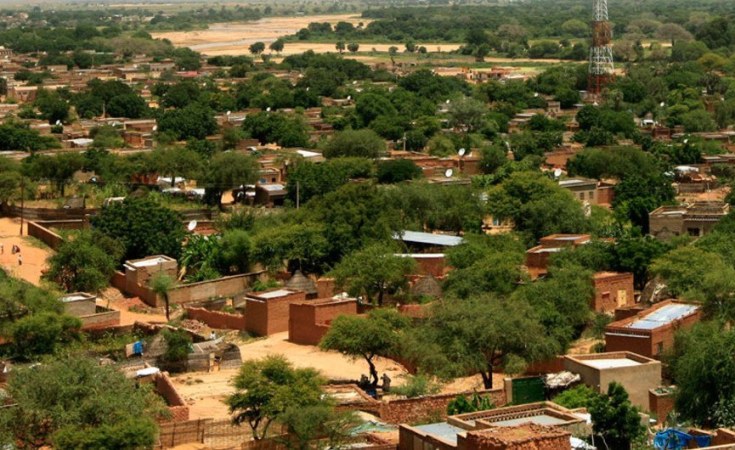Harare — Minni Arko Minnawi, the governor of Darfur and a former rebel commander, reiterated his appeal for residents in the area to arm themselves in self-defense, saying that the "current situation necessitates that", according to Al Arabiya.
Minnawi said that this government was driving attempts to put an end to combat between the army and the Rapid Support Forces (RSF), notably in Darfur.
Similar statements by Minnawi in the past sparked concerns that the conflict in the five states that make up Darfur may lead to a full-scale civil war due to rising ethnic tensions.
In other parts of the nation, fierce fighting was reported between the army and the RSF in Khartoum, Omdurman, and Bahri, Sudan's main towns.
According to eyewitnesses in Khartoum, the army launched its "heaviest" airstrikes to date against RSF positions in a number of locations. The army said that during skirmishes in Omdurman and Khartoum, 18 RSF members were killed.
Following a respite in battle, more confrontations were reported in Nyala, the capital of South Darfur state.
Sudanese economists estimate that the economic loss caused by the ongoing war over the past three months stands at U.S.$9 billion, while the value of property and goods plundered is estimated at another $40 billion. Economist Haisam Fathi told Radio Dabanga that these estimates were based on research conducted by economic experts. The war affected the industrial and banking sectors in particular, and the states where production is most affected are Khartoum and South Darfur.
After nearly four months of fighting between the army and the paramilitary Rapid Support Forces, the Intergovernmental Authority on Development (IGAD) considered sending soldiers into Sudan to protect civilians. But the Sudanese government responded by using the word "aggression" after the suggestion. The authority is made up of Djibouti, Eritrea, Ethiopia, Kenya, Somalia, South Sudan, Sudan and Uganda, but Sudan refused to participate because the army team did not want Kenyan President William Ruto to lead the negotiation committee.
Meanwhile, Sudanese refugees in the border town of Adré, Chad, are suffering from severe disease and starvation as a result of the humanitarian catastrophe. A program run by Sudanese refugee doctors documented cases of diarrhea and malnutrition, notably among young people who fled the war-torn regions of Darfur.


